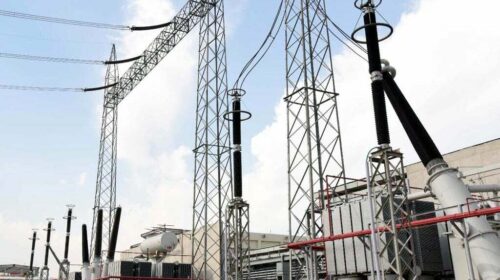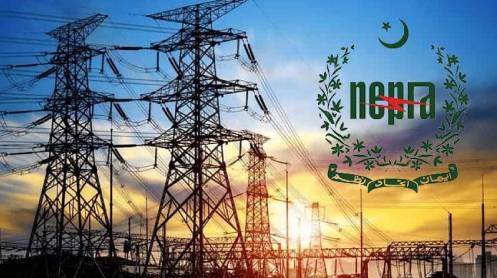The Power Division on Sunday announced that it had ended power cuts across the country by injecting about 2,500MW additional electricity into the system.
“In line with commitment of Prime Minister Shehbaz Sharif, loadshedding has been brought to zero with effect from 05:00am on May 1,” said Power Minister Engineer Khurram Dastgir Khan. However, in a tweet, he added, “There was zero loadshedding on feeders with better recovery”.
The minister said more than 2,500MW had been added to the system. The ministry was striving for uninterrupted electricity during and after Eid, he said.
Reports from various parts of the country suggest that major urban centres had actually been exempted from power cuts, as about 120 million cubic feet of gas from fertiliser plants and industrial captive power plants was diverted to generation companies along with availability of a couple of private power plants under maintenance. However, people in mostly rural areas were still reporting power cuts.
Prime Minister Sharif on April 26 ordered diversion of natural gas from fertiliser and captive power plants and timely payment of funds to power sector to ensure zero power cuts with effect from May 1.
“There are issues like shortfall and heatwave, but the prime minister showed zero tolerance,” Minister for Information and Broadcasting Marriyum Aurangzeb had announced.
The prime minister approved requests of the Power Division for diversion of natural gas from fertiliser plants and captive power plants of industrial sector to the extent of 120mmcfd for seven days — from May 1 to 7 — to run more power plants in those crucial Eid days.
A substantial saving was also expected to accrue on account of subdued industrial ahead of Eid and lower commercial activities besides the closure of public and private offices and educational institutions.
The prime minister had ordered the relevant authorities to ensure that for Eid period even high-loss making areas be facilitated with full power supply.
Increase in LNG supply
By May 8, the situation would further improve with LNG and furnace oil cargos discharge at ports, as the power sector would start receiving about 700mmcfd LNG instead of about 500mmcfd at present.
The government has been blaming the previous government for not repairing technical faults and ordering LNG, diesel and furnace oil due to which 27 power units of 5,500MW capacity were out of order.
On Friday, Mr Dastgir sought immediate payment of Rs329 billion to operationalise about 7,900MW plants, currently out of system mainly due to fuel shortage and resulting in at least eight hours of outages across Pakistan.
The minister had said the power sector’s circular debt stood at Rs2.46 trillion and about 5,740MW power plants were out of system due to all sorts of fuel shortages, including LNG, coal and furnace oil. Another 2,156MW were not available due to routine maintenance and repair issues.
He said these funds were urgently required to utilise maximum generation capacity to overcome loadshedding, and hoped the situation would improve over the next 10 days. Power companies required about Rs108bn till May 25, Rs136bn till June 7 and Rs85bn till June 15 for the sector to meet various contractual obligations necessary to address the issue of loadshedding.





